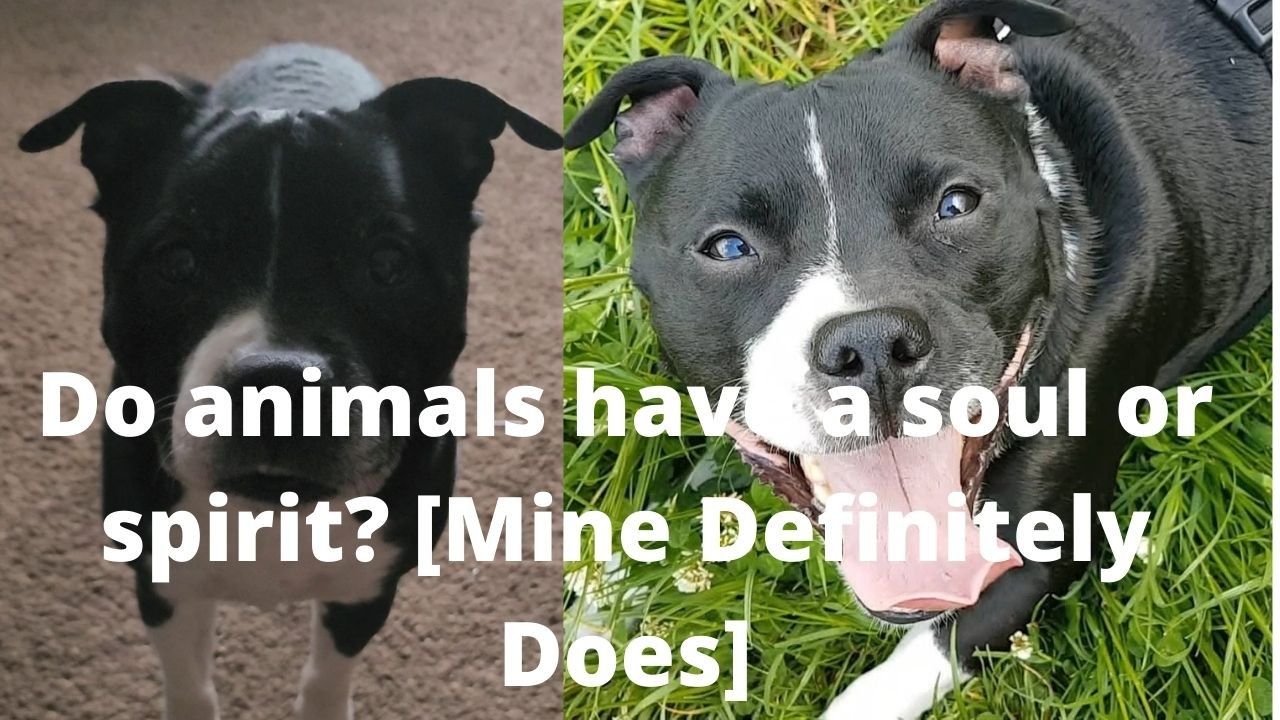The exploration of whether animals possess a soul or conscience has been a subject of considerable philosophical, theological, and scientific inquiry for centuries. Within the Bahá’í teachings, this question invites a profound shift in perspective—a re-examination of our intrinsic connection with all of creation. To engage in this discourse is to embark upon a journey that traverses the realms of spiritual understanding, scientific observation, and ethical considerations.
At the outset, it is crucial to delineate what is meant by “soul” and “conscience.” In the Bahá’í context, the soul is considered an immortal essence that binds individuals to divine attributes and the Creator. This concept often permits delineation between human and animal existence. Conversely, conscience can be described as the moral compass, the innate ability to discern right from wrong, often associated with cognitive and emotional responses.
The Bahá’í teachings posit that all created beings exist on a hierarchy, which is sometimes expressed through the concept of progressive revelation. Humanity, while occupying a revered position, is not an isolated pinnacle; rather, it is woven into the intricate tapestry of the natural world. This foundational belief suggests that the essence of all living beings, including animals, carries a spiritual dimension albeit in varying degrees.
To delve deeper, consider the verses from Bahá’u’lláh, the founder of the Bahá’í Faith, which emphasize the interconnectedness of all living things. His writings extol the virtues of compassion and justice, which extend beyond human interaction and demand a broader moral perspective that includes the treatment of animals. In this light, the question arises: if we are enjoined to treat animals with kindness and respect, does this not imply some inherent worth beyond mere biological existence?
One must also reflect on the scientific observations surrounding animal behavior. Increasingly, studies reveal complexities in animal emotions, social structures, and problem-solving abilities that some argue point towards a form of consciousness. For instance, research has demonstrated that elephants exhibit behaviors indicative of grief, while dolphins display sophisticated social interactions and communication skills. These observations lend credence to the notion that animals may possess a semblance of conscience that guides their actions, even if it is markedly different from human experiences.
The dialogue surrounding animal welfare is integral to the Bahá’í understanding of ethics. The demand for humane treatment of animals, as articulated in Bahá’í literature, implores humanity to transcend mere stewardship into a state of profound respect. As Bahá’ís embrace these teachings, they are urged to extend their sensibilities beyond the human realm, acknowledging the rights of animals to live free from suffering. This aligns with the ethical framework that posits responsibility toward all sentient beings, suggesting a moral obligation that is illuminated by both spiritual and rational considerations.
Furthermore, the concept of the “Oneness of Humanity,” which is central to Bahá’í beliefs, underscores the interconnectedness that exists within all creations. This paradigm challenges anthropocentrism, positioning humans not as dominant overlords but as integral components of a broader ecological system. Such a view fosters an ethical lens through which the welfare and intrinsic worth of animals can be evaluated. In effect, the Bahá’í perspective encourages a harmonious relationship between humans and animals that is grounded in mutual respect and responsibility.
Though the Bahá’í Faith does not provide a definitive response regarding whether animals possess souls akin to humans, it does suggest that all creatures embody a level of spiritual significance. This prompts an inquiry into how society defines the value of life and the responsibilities that accompany such beliefs. To recognize that animals may possess a differentiable form of conscience necessitates a profound cultural shift—moving away from utilitarian views of nature to one steeped in reverence and gratitude for all living beings.
Moreover, such contemplation can evoke an enriching curiosity about the varied expressions of life on Earth. Pondering the inherent capabilities of animals invites us—the stewards of the planet—to better comprehend the depth of our responsibilities. If animals indeed possess a soul or conscience—however that may manifest—then ethical frameworks surrounding animal rights and welfare require reevaluation. A shift in perspective can yield transformative insights, imperative not only for the well-being of animals but for the holistic health of our ecosystems.
As we navigate these profound considerations, it becomes increasingly apparent that the dialogue surrounding souls, consciences, and the ethical treatment of animals is interconnected with the broader Bahá’í teachings. It lays a foundation by which we can illuminate our relationships with all living beings and recognize our shared destiny on this planet. The exploration of this subject requires both introspection and a collective reevaluation of societal priorities and practices, beckoning humanity toward a compassionate path that honors the sanctity of all life.
In conclusion, the teachings of the Bahá’í Faith provide rich insights into the relationship between humans and animals. By advocating for a compassionate approach, these teachings challenge us to reflect on our treatment of all creatures and re-envision our role within the interconnected web of existence. In approaching the question of whether animals possess a soul or conscience, one may discover not merely an inquiry into the nature of life but an invitation to broaden our moral horizons and embrace a more compassionate worldview.
